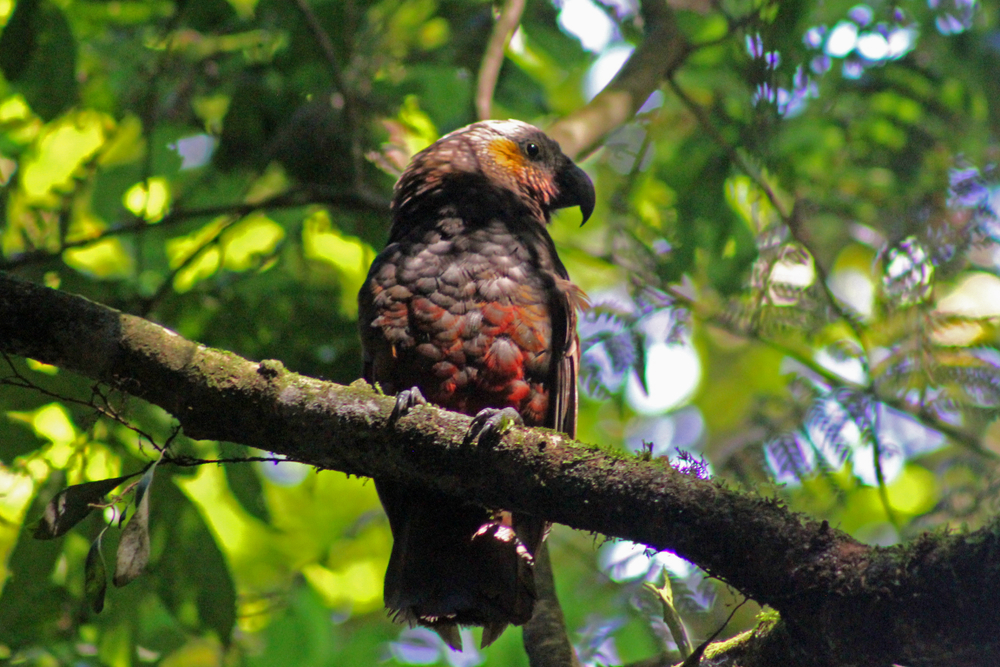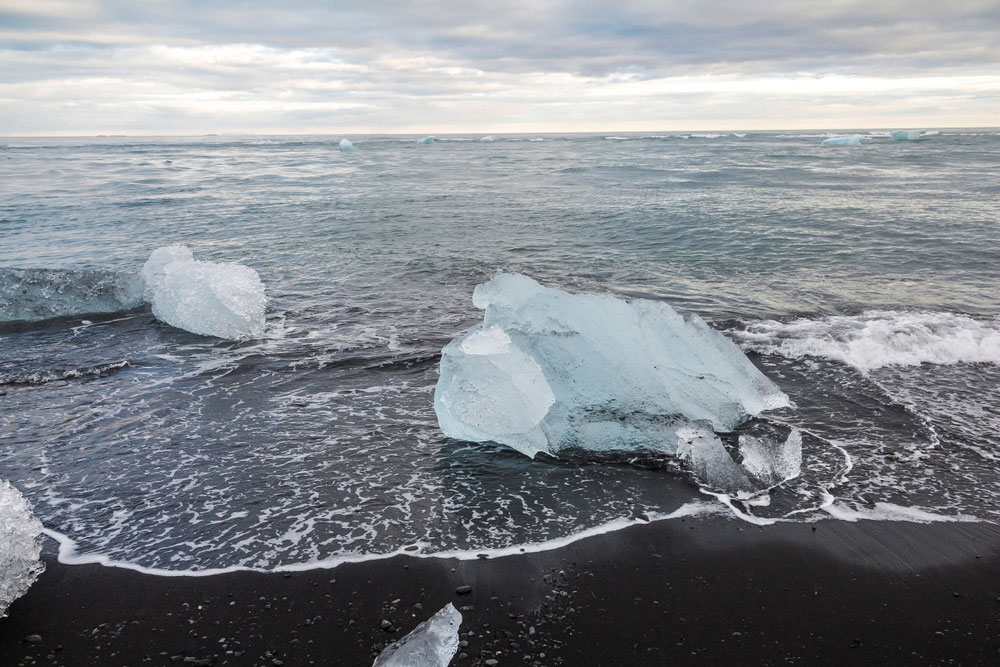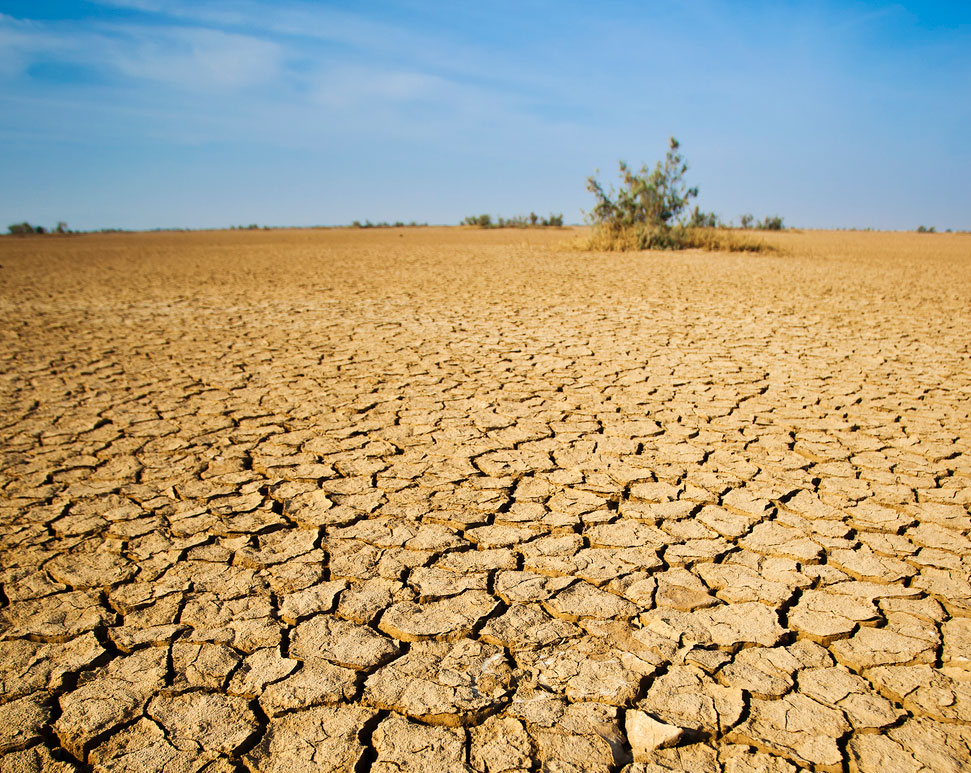Human beings remain a divided tribe over climate change. The climate sceptics’ club has some influential members. The president of the United States of America, who infamously stated that he does not believe in the phenomenon, is one of the patrons of the institution. Pitted against Mr Trump and other non-believers are activists, scientists and — is this not heartening? — Greta Thunberg, a sixteen-year-old in pigtails, hailed as the future face of climate activism.
Consensus over climate change is, arguably, equally elusive in the world of animals. Penguins, residents of a melting Antarctic, have every reason to denounce the changing weather. It has been reported that the second largest colony of Emperor Penguins has suffered catastrophic changes, causing nearly every chick to perish in the last three years as their kingdom of ice continues to shrink at an alarming pace. The kakapo — the world’s portliest parrot — on the other hand, cannot, in a manner of speaking, stop chirping about the weather. The avian species, which finds itself on the endangered list, has been experiencing an unprecedented mating frenzy, which, scientists believe, could have been fuelled by climate change. Ironically, what threatens the future of penguins and other species seems to have come as a boon for the kakapo whose passions would put even randy rabbits to shame.
The asymmetry integral to climate change — spelling doom for some and bestowing bounty on others — is also playing out in the case of the global economy. The findings of a recent study by two researchers from the US show that economies located in colder climatic zones — those of Canada, Britain, Sweden and Norway — are poised to receive a boost as global warming intensifies, bringing in its wake, erratic weather. Warmer countries — India being one — are expected to fare much worse. In fact, the Indian economy has been estimated to be 31 per cent smaller than what it would have been in the absence of such deleterious changes in the planet’s weather system. The end result is, unfortunately, the intensification of global inequality. Only this time, climate, rather than colonialism, seems to hold the key to its perpetuation.
The differential consequences of climate change within human and — it has now been proved — animal societies reveal significant challenges. The discovery of these diverse impacts is consistent with assumptions that human knowledge of the impending crisis is still in its infancy, making both prediction and intervention unreliable — as unreliable as the planet’s fickle seasons. Worryingly, meaningful deterrents are being undermined by the benefits that climate change is bringing to a handful of constituencies — polluting industries and economies better off than the ones in the developing world. The global inertia against formulating corrective action against climate change can be partially explained by those who have spotted profit even in doomsday.












